What would you think of someone who boasted to you that he had fought off 200 attackers by seizing one of them and using him as a shield? Does he sound like a role model?
Bear with me while I make the case.
Captain John Smith is known today primarily as a cartoon character, and that's appropriate. He's the blond hunk who wins the heart of Pocahontas in the famous Disney film. The real John Smith, as far as I know, never had any kind of romance with the Powhatan princess, who was half his age, and, in the only portrait I've seen, he doesn't look like anybody's idea of a Homecoming king--more like the quirky social studies teacher who rides a unicycle and sings in a barbershop quartet.
In the literary circles I occupy, Smith is a major figure of early American nonfiction writing, thanks to a handful of accounts of the settling of Jamestown, the first permanent English settlement in North America. Smith seems to have written at least some of the material in those accounts; thus, he is the first major English/American writer in the history of American literature. Excerpts from his Generall Historie of Virginia, New-England, and the Summer Isles and other works typically appear in The Norton Anthology of American Literature, which I often used in my teaching days.
Now, all of this may sound pretty dry to those of you who are not history buffs, but, believe me, Smith's work could be downright entertaining, even inspiring. Take this passage about a couple of his fellow colonists, for example:
The new President and Martin, being little beloved, of weak judgment in dangers, and less industry in peace, committed the managing of all things abroad to Captain Smith: who by his own example, good words, and fair promises, set some to mow, others to bind thatch, some to build houses, others to thatch them, himself always bearing the greatest task for his own share, so that in short time, he provided most of them lodgings, neglected any for himself.
This passage, one of my favorites from the Generall Historie, takes a few jabs at two other men, characterized here as unpopular and lazy, and then presents a very different picture of Smith, a model of hard work and self-sacrifice. We may never know if Smith wrote this particular passage, but I'm convinced he did (while writing about himself in the third person). It strikes me as a not-entirely-subtle way of elevating his own reputation as an ideal leader. Think Ron Burgundy, the Will Ferrell character from the movie Anchorman, who lets slip that he's "kind of a big deal."
We might prefer to think that Smith really was as large in life as he is in his narrative. After all, as Ernest Hemingway said, "As you get older it is harder to have heroes, but it is sort of necessary." Great feats and courage and discipline can inspire us to act with courage and determination in our own lives. In short, we want there to be John Smiths out there to serve as models.
But what if the John Smith we see in the book is less a person and more a persona? What if Smith embellished this character, as I suspect he did? What are we to make of this example?
This is where I think we can take away something from Smith. The very act of crafting a better version of oneself can be immensely valuable, I think, because it guides and inspires a person to strive to be better--and not in a superhero sort of way, but in a way that is both authentic and possible. A persona modeled on the real you is easier to imagine and to emulate than some distant hero from history or comic books. After all, it already looks like you!
By substituting a persona for a hero, you make progress more visible and achievable. Now you are not striving to sing like Bono or hit like Ohtani, but only to be a better version of yourself. Even a little incremental progress is a start, and then you can make more incremental progress. Eventually, those increments add up, and you become that persona.
That persona may not be able to leap tall buildings in a single bound or fend off 200 attackers, but this figure will be a better version of you--and that's kind of a big deal.

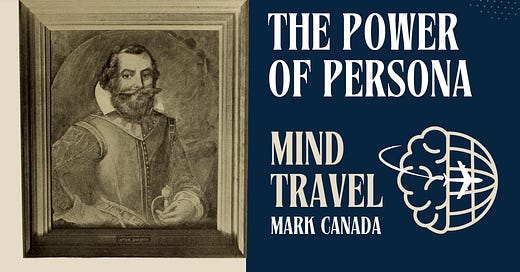



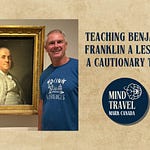
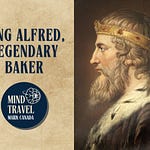


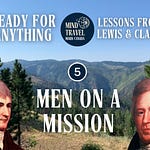
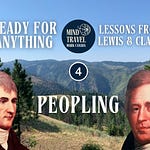
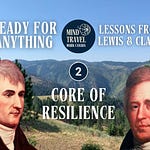

Share this post